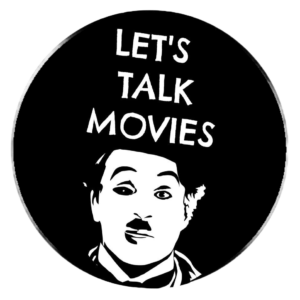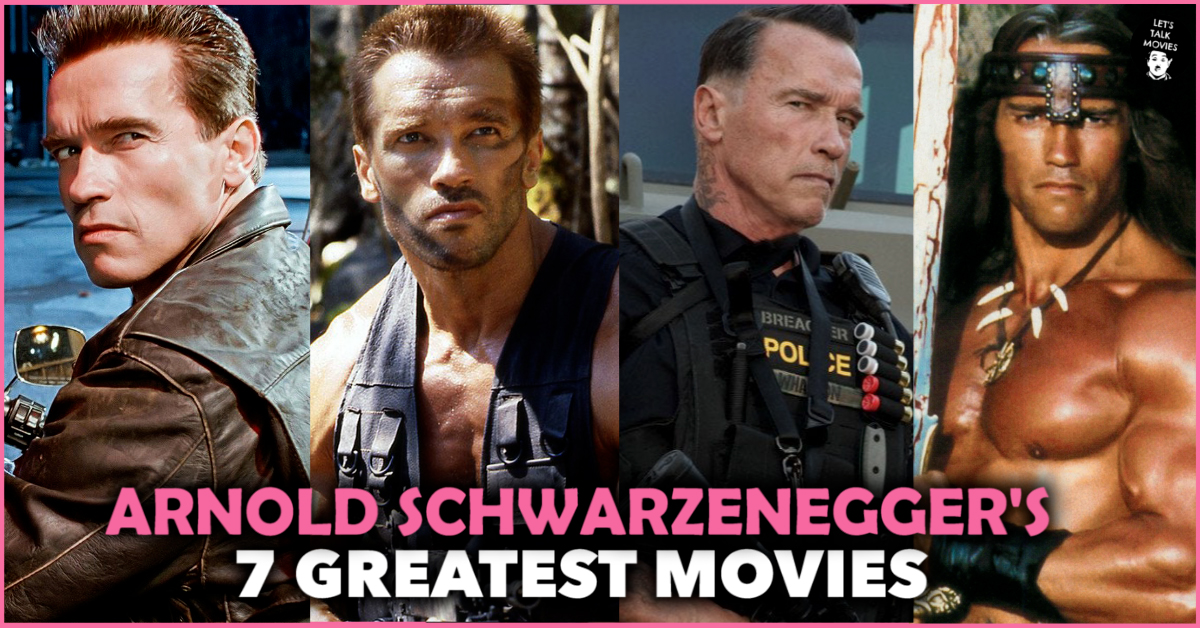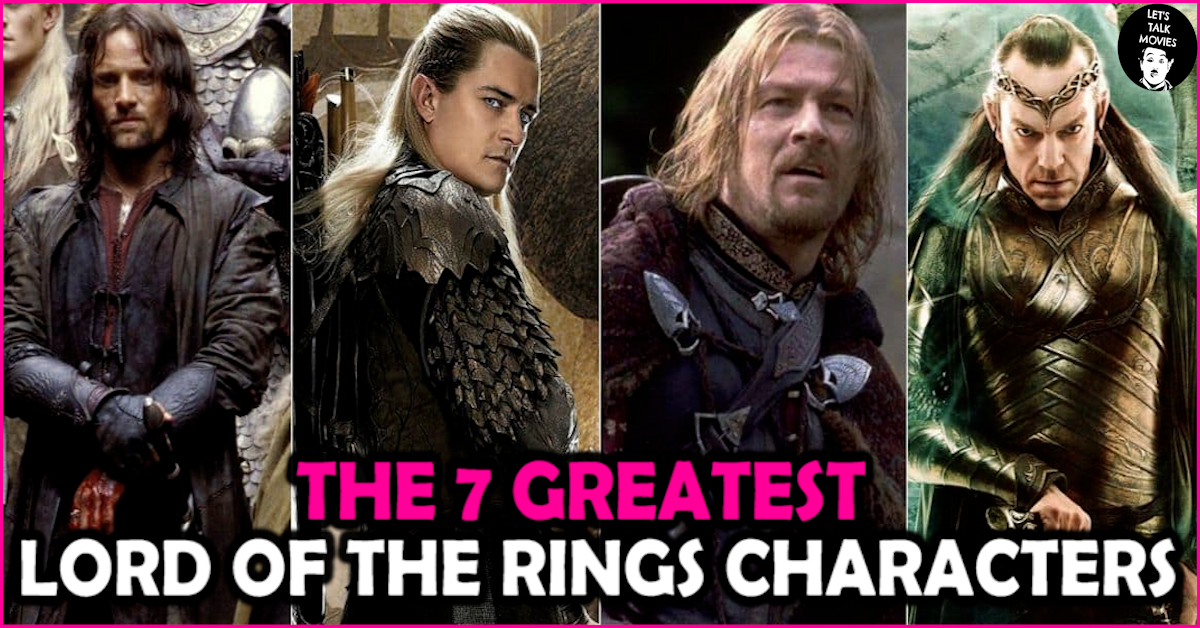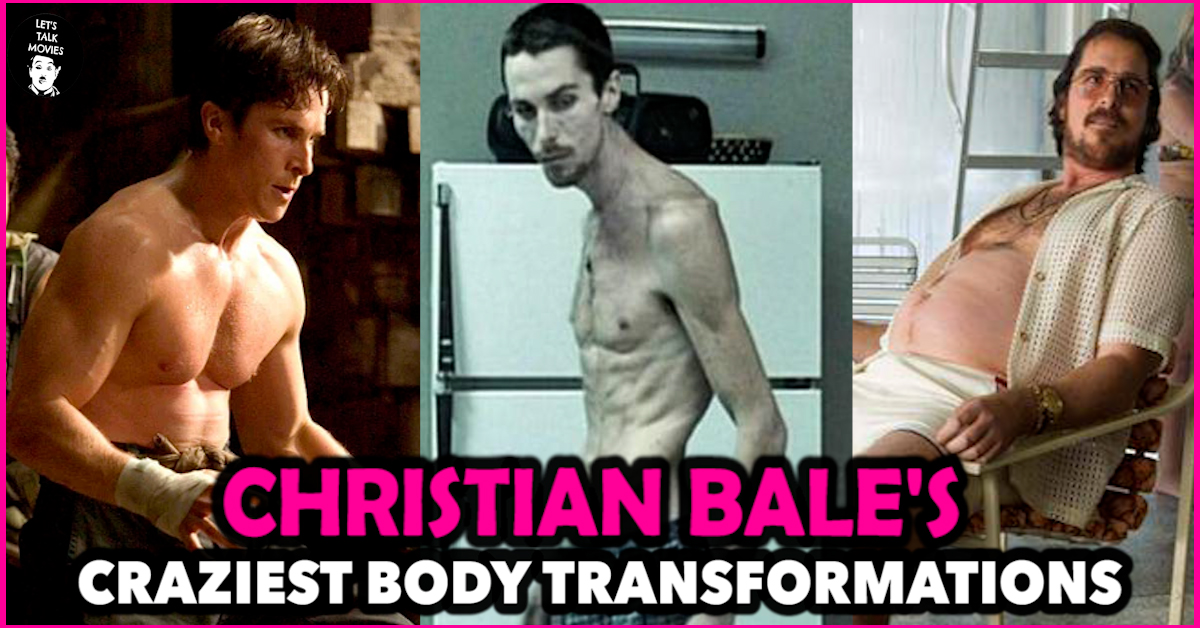We feel that with the Oscar season just around the corner it is the perfect time to look at the best movies and performances of the past year. As is the case every year, this serves as a reminder that many of the best movies that have ever been made are based on books. So with that in mind, we have been collecting (what we consider) our top 10 favorite movies based on books. We have taken into account both how well the movie adapted its original source material, as well as its overall success as a piece of work on its own.
7. Trainspotting (1996)

This is a difficult book to read in part due to Irvine Welsh’s thick imitation of Scottish accents and slang, which can make the prose hard to understand and comprehend at the beginning. There is also a problem with its use of a stream-of-consciousness approach to the narrative. The film is almost flawless in its ability to convey the spirit, tone, and feel of the book, while transforming it into a more traditional narrative supported by Danny Boyle’s liberal use of surreal, dream-like imagery and logic. It is an accessible, entertaining adaptation of a novel that can be challenging to read.
READ NEXT: Who Will Be The Next James Bond?
6. Fight Club (1999)

It’s remarkable that David Fincher’s adaptation of Chuck Palahniuk’s novel is so faithful, despite how different it is – that is to say, it keeps more or less everything from Palahniuk’s novel, but imposes a more traditional structure on it. It’s perhaps true that Palahniuk’s novel is a primal scream of rage and frustration, whereas Fincher’s film is a more refined critique of modern day consumerist culture and the concept of masculinity, but it’s also true that Fincher’s decision to add a voiceover to the film translates the voice of the Narrator onto a film that visually captures the story’s nightmarish tone.
READ NEXT: The Seven Greatest Superhero Movies of all Time Ranked!
5. The Shawshank Redemption (1994)

Adapted by Frank Darabont in 1994 from Stephen King’s novella Rita Hayworth and the Shawshank Redemption, Rita Hayworth and the Shawshank Redemption is a modern cinematic classic, rich with symbolism that can be interpreted in many ways. While Darabont’s adaptation is relatively faithful to its source; King himself did not think the story could be a feature-length film, but Darabont expanded the plot and developed some of the characters without losing the spirit of the story. Ultimately, the final result is a movie that shows how the collaborative process of making a movie can sometimes lead to something greater than the sum of its parts.
READ NEXT: The 8 Greatest Football Movies Of All Time Ranked
4. Schindler’s List (1993)

It would be fair to say that Steven Spielberg’s adaptation of Thomas Keneally’s book is one of the most emotionally moving movies ever made. As the movie depicts one of the most atrocious events in history, it serves as a powerful reminder of how far humanity is capable of going, as well as the snippets of goodness that can be preserved despite all odds. This all could have been avoided had Spielberg not rearranged the chronology of the book and cut material mercilessly, but he amplified the horror of the story, a tradeoff that renders the Holocaust as a slowly rising wave of terror and genocide unabashedly captured in black and white.
READ NEXT: The 7 Highest Grossing Box Office Movies Of All Time
3. The Godfather (1972 – 1990)

The novel of Mario Puzo is an absorbing, dark thriller that fascinates, horrifies, and entertains at once. Francis Ford Coppola’s two first films, adapted from the novel, elevated the sordid story into operatic triumphs that are considered by some to be two of the best films ever made. Both films have won the Academy Awards for Best Picture (Part II is the first sequel to win that award) and Best Adapted Screenplay.
2. Harry Potter (2001 – 2011)

It goes without saying that the Harry Potter film series has four directors and two credited screenwriters, and despite being eight films long, it has to edit J.K. Rowling’s story quite a bit to fit the film. In truth, the films are pretty faithful to both Rowling’s plot as well as her character development, which is her genius, following the same evolution from a frothy children’s story to a darker, more complex tale such as one found in the later books. In fact, they are the ideal adaptations for fans who want nothing more than to see everything they have just read about in the books.
READ NEXT: The Fast & The Furious: The 7 Greatest Scenes In The Franchises History
1. The Lord of the Rings (2001-2003)









[…] READ NEXT: The 7 Greatest Book-To-Movie Adaptations […]